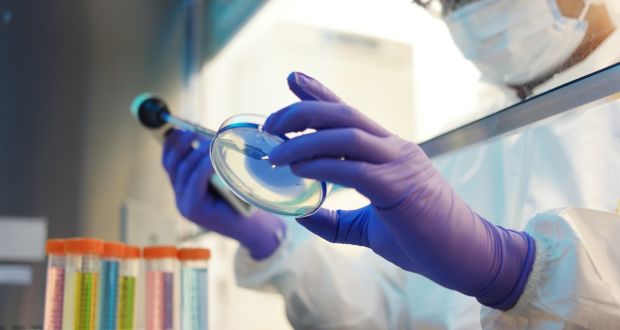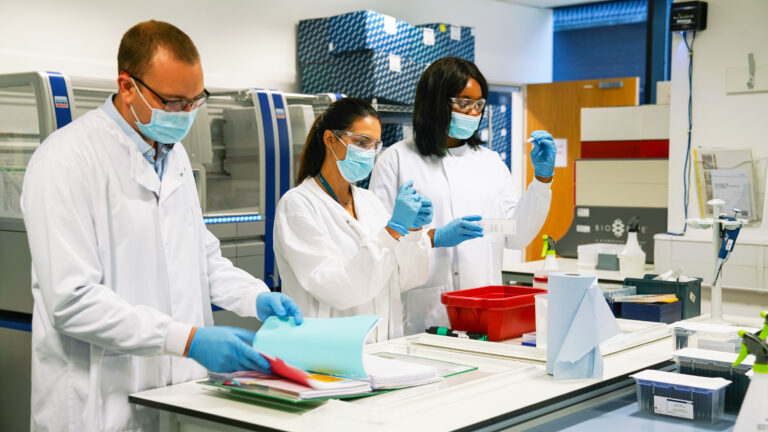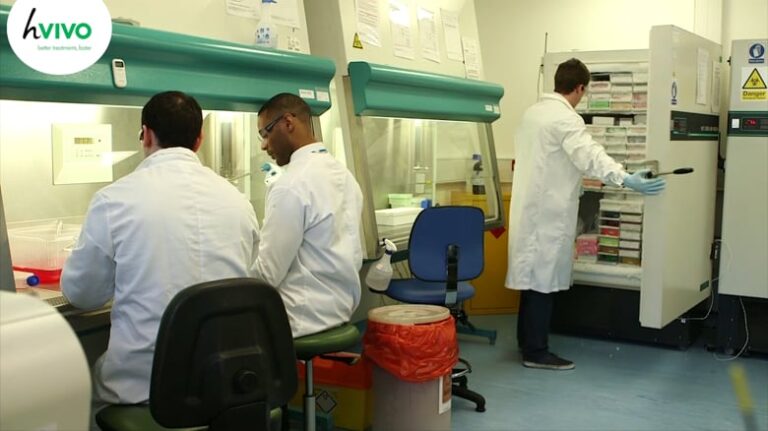Open Orphan plc (LON:ORPH), a rapidly growing specialist pharmaceutical services clinical research organisation (CRO) and a world leader in vaccine and antiviral testing using human challenge clinical trials, has announced a new contract win of c. €900,000 with an existing customer for clinical trial management by our Breda, Netherlands office.
Cathal Friel, Executive Chairman of Open Orphan, said: “This new contract win demonstrates the ongoing and continued success of our Breda office which continues to sign multiple contracts and only those close to £1 million and above are announced. Our Breda office is getting more and more integrated with our London business, and the entire Open Orphan group is excelling as the global leader in the testing of vaccines, anti-virals and other infectious disease therapeutics.”
Completion of CHIMagents acquisition
Separately, and further to the Company’s announcement of 15 July 2020, Open Orphan announces that it has completed its acquisition of CHIMagents Limited. CHIMagents was established to assist in the design, manufacture and testing of challenge agents for use in challenge studies. The CHIMagents team have been working alongside the Open Orphan team since July 2020 supporting the design, manufacture and testing of both new challenge agents and the Company’s industry leading portfolio of existing challenge study agents.
COVID-19 Human Challenge Programme update
The company went on to announced that hVIVO, a subsidiary of Open Orphan plc, is continuing to work with the UK Government to inoculate up to 20 further volunteers as part of the world’s first COVID-19 characterisation study.
As part of the characterisation study, researchers aimed to identify a dose of COVID-19 that causes a safe and reliable infection in unvaccinated COVID-19 naïve volunteers. The UK Government has decided to expand the Human Challenge Programme to answer further questions that can help in the fight against COVID-19.
The study expansion will commence as soon as appropriate regulatory approvals and clinical preparations are complete. The study is funded by the UK Government who have commissioned Imperial College London to act as the clinical study sponsor. The study is conducted by hVIVO at the Royal Free Hospital, under the supervision of our highly trained scientists and medics.
The virus being used in the characterisation study has been produced under hVIVO’s supervision by a team at Great Ormond Street Hospital for Children NHS Foundation Trust in London, with support from virologists at Imperial College London.
The data from this study is already providing valuable insight into the biology of the virus which causes COVID-19. This knowledge will improve the ability to manage the virus and deliver a range of treatment options in the future.
The revenue from the contract is expected to be recognised in the current financial year.
Cathal Friel, Executive Chairman of Open Orphan, said : “At Open Orphan we are committed to helping the UK Government in partnership with two great institutions, Imperial College London and the Royal Free Hospital, to discover effective treatments for COVID-19. This study expansion further illustrates the effectiveness and importance of this study.”
Dr Andrew Catchpole, Chief Scientific Officer of hVIVO, said : “We are delighted to announce this study expansion with the UK Government. This will enable 20 further volunteers to participate in this next phase of the world’s first study of its kind which will help scientists better understand and treat COVID-19.
“Open Orphan, through its subsidiary hVIVO, is proud to be working with the UK Government’s Human Challenge Programme in this initiative to help control and minimise the spread of the virus and we will look to provide updates on the study with further announcements in due course.”
Caroline Clarke, Royal Free London group chief executive, said : “We are excited to enter this next phase of this study with our partners from hVIVO, Imperial College London and the government’s Vaccine Taskforce. Ultimately, we hope this research will give us more information about vaccines, as well as its impact on infection rates, and enable us to provide better treatments in the future for patients with COVID-19.”








































